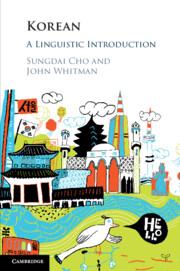To capture the complexity of foreign language literacy acquisition, we investigated cognitive skills underlying word reading, sentence reading, word vocabulary and sentence vocabulary in three different foreign languages. Students fluent in Dutch simultaneously acquired three foreign languages that differed in orthographic transparency and writing system (Spanish, French, Chinese). Cognitive skills at the start of literacy acquisition (Grade 7) were longitudinally related to literacy attainment in each of the foreign languages after two years of instruction (end of Grade 8). Structural equation regression models indicated that three areas (word and sentence vocabulary, and sentence reading) related most strongly to verbal and nonverbal intelligence, indicating the involvement of academic skills. For word reading the influence of cognitive skills appeared language specific. Across languages, native reading skills seemed to be employed to varying degrees of efficiency to decipher foreign words, more so for foreign languages with a smaller orthographic distance from the native language.
